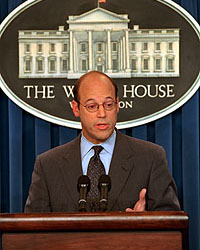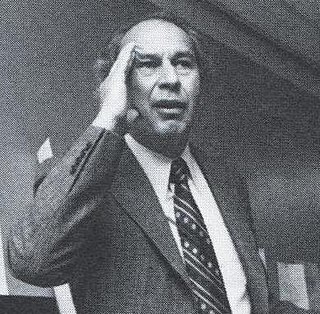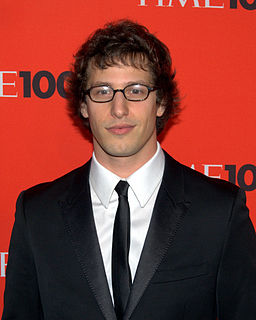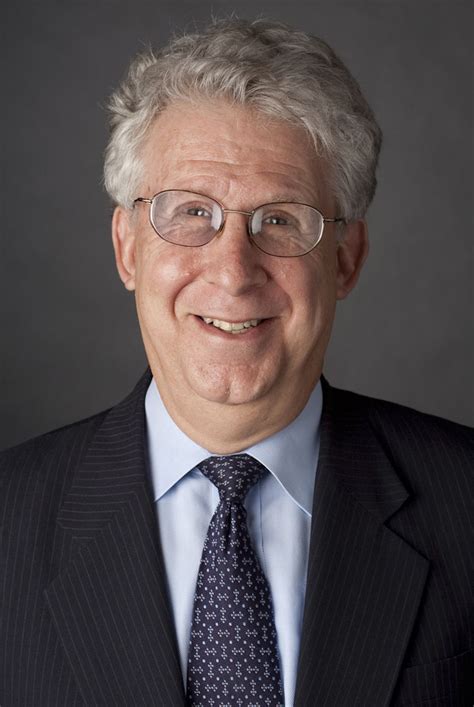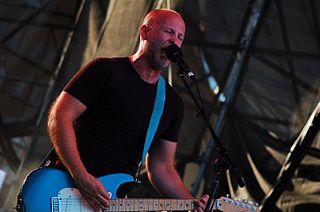A Quote by Zoe Quinn
In terms of client & press requests, I operate under the assumption that anything I say will be blasted out in public, so I measure my words incredibly carefully because of the scrutiny I'm under.
Related Quotes
This is a massive crisis for the press, and the degree now that the press revs up its scrutiny and its opposition to Donald Trump, as opposed to being neutral and fair to Donald Trump - they will compound their own problem, because Republicans don't trust them, independents largely don't trust them, and the press risks just being credible to only one party in America.
I've been criticized because I've had the temerity to speak out and done a couple of interviews since I left office. I don't find anything surprising about that. I don't say - I've been careful not to get personal in terms of my criticisms for my comment, but I think the issues are simply too important for the future of the nation for us to operate as though those of us who disagree somehow shouldn't speak out and be heard. I think we need to be heard.
Our Republic and its press will rise or fall together," Pulitzer wrote. "An able, disinterested, public-spirited press, with trained intelligence to know the right and courage to do it, can preserve that public virtue without which popular government is a sham and a mockery. A cynical, mercenary, demagogic press will produce in time a people as base as itself. The power to mould the future of the Republic will be in the hands of the journalists of future generations.
Mandatory auditor rotation is designed to address a potential conflict of interest between a public company and its auditor. Because an auditor is hired and paid by the public company it audits, the auditor's desire to maintain a good relationship with its client could conflict with its duty to rigorously question the client's financial statements.
The artist must operate on the assumption that the public consists in the highest order of individual; that he is civilized, cultured, and highly sensitive both to emotional and intellectual contexts. And while the whole public most certainly does not consist in that sort of individual, still the tendency of art is to create such a public - to lift the level of perceptivity, to increase and enrich the average individual's store of values... I believe that it is in a certain devotion to concepts of truth that we discover values.


